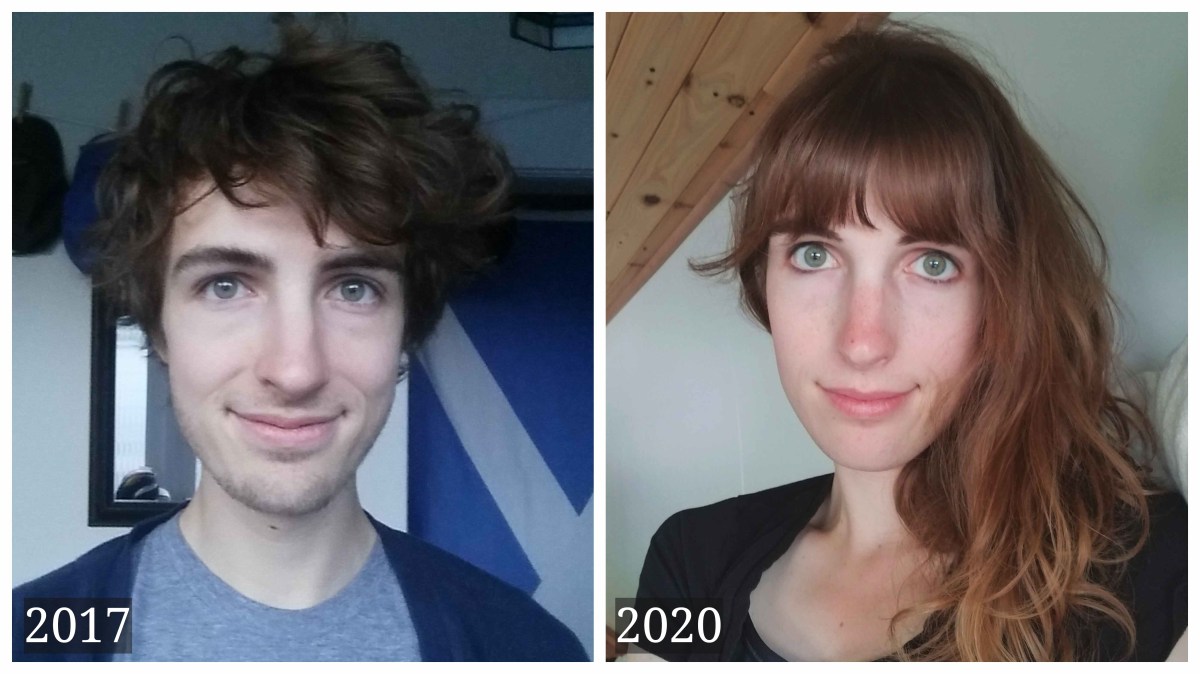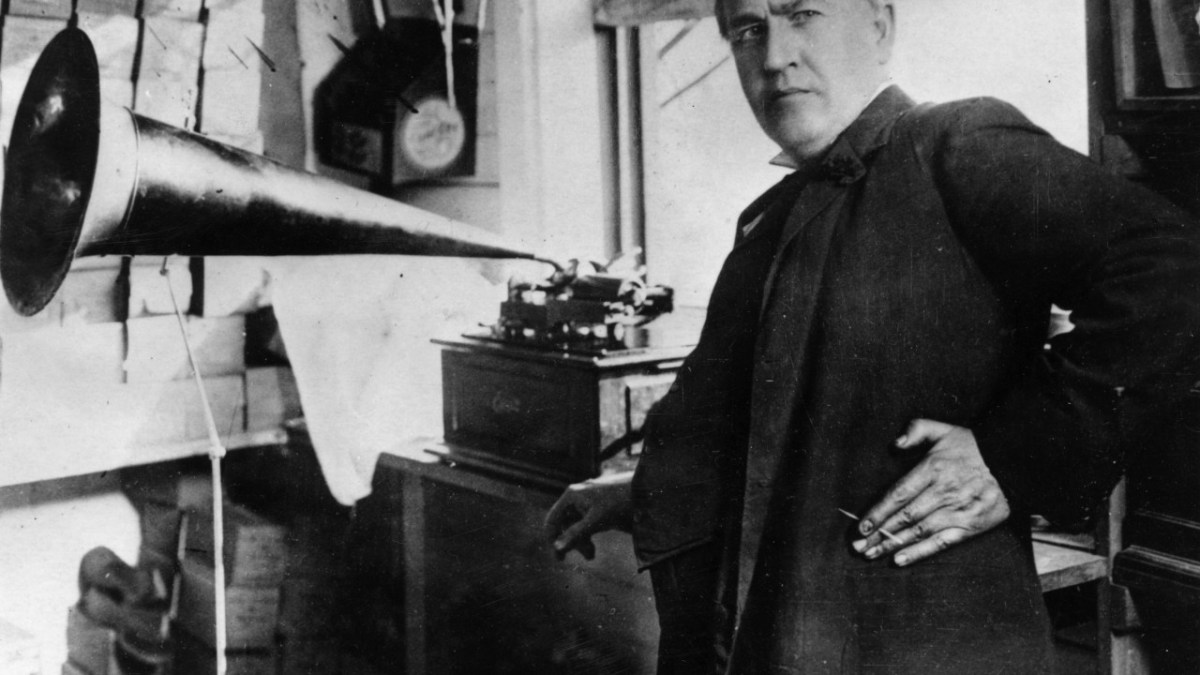I am happy – Antonin Kinsky could not have dreamed of a better. This phrase, seemingly simple, opens a door to a fascinating exploration of happiness, historical context, and the subjective nature of a “better” life. We’ll delve into the influence of Antonín Dvořák’s joyful compositions, the socio-political climate of Kinsky’s time, and contrasting perspectives on what truly constitutes a fulfilling existence.
Prepare for a journey into the heart of human contentment.
We’ll examine how Dvořák’s music, known for its uplifting melodies and celebratory spirit, might have resonated deeply with Kinsky. We’ll also consider the historical backdrop—the social structures, political events, and personal circumstances that could have shaped Kinsky’s profound sense of happiness. Finally, we’ll explore the multifaceted meaning of “a better life,” considering materialistic versus spiritual viewpoints and the influence of cultural background.
This exploration promises to be both enlightening and thought-provoking.
Antonín Dvořák’s Influence
The statement “I am happy – Antonín Kinsky could not have dreamed of a better” suggests a profound sense of contentment and fulfillment. Understanding Antonín Dvořák’s influence on this sentiment requires exploring Dvořák’s musical style and its capacity to evoke joy, and considering how Kinsky, as a patron and likely friend of Dvořák, might have experienced and appreciated this style.Dvořák’s compositional style is characterized by its melodic richness, vibrant rhythms, and strong emotional expressiveness.
I’m so happy – Antonin Kinsky couldn’t have imagined a better day! The sheer joy is amplified by the unexpected news: check out this awesome crossover, Opposites attract in ‘Abbott Elementary’ crossover with ‘It’s Always Sunny’ , it’s pure comedic gold! Seriously, I am happy – Antonin Kinsky would be jealous of my good mood today.
He masterfully blended elements of Bohemian folk music with Romantic orchestral techniques, creating a sound that is both deeply rooted in tradition and profoundly original. This blend of familiar and innovative elements likely resonated deeply with Kinsky, fostering a sense of comfort and emotional connection. The inherent optimism and celebratory spirit frequently present in Dvořák’s music perfectly aligns with the simple yet powerful statement of happiness.
I’m stoked! Antonin Kinsky’s wildest dreams couldn’t touch this level of happiness. Even better, check out this ESPN article: Khris Middleton scores 8 while coming off bench in Bucks win – ESPN – it’s just icing on the cake! Seriously, I am happy – Antonin Kinsky could not have dreamed of a better day.
Examples of Dvořák’s Joyful Works
The following table showcases several of Dvořák’s compositions known for their uplifting and joyous moods, which could have easily contributed to Kinsky’s feelings of contentment.
| Work | Movement | Mood |
|---|---|---|
| Symphony No. 9 (“From the New World”) | 2nd Movement: Largo | Serene, deeply moving, yet ultimately hopeful and comforting. The melody is both beautiful and profoundly melancholic, yet resolves in a way that leaves the listener feeling uplifted. |
| String Quartet No. 12 in F major, Op. 96 (“American”) | 3rd Movement: Scherzo: Vivace ma non troppo | Lively and playful, full of energy and charm. The scherzo’s quick tempo and dance-like character contribute to a feeling of lighthearted joy. |
| Slavonic Dances, Op. 46 | Various Movements | A collection of vibrant and energetic dances showcasing the spirit of Bohemian folk music. Many movements are characterized by their infectious rhythms and celebratory atmosphere. |
| Violin Concerto in A minor, Op. 53 | 1st Movement: Allegro molto | The opening movement is brimming with energy and passion. While containing moments of intensity, the overall feeling is one of exuberant joy and vitality. |
Kinsky’s Appreciation of Dvořák’s Music
Antonín Kinsky’s personal life and experiences likely played a significant role in shaping his appreciation for Dvořák’s music. As a member of the Bohemian aristocracy, Kinsky was likely exposed to a wide range of musical styles. However, Dvořák’s unique ability to blend folk traditions with Romantic grandeur might have resonated particularly strongly with Kinsky’s cultural identity and personal sensibilities. The accessibility and emotional depth of Dvořák’s music, coupled with its celebratory aspects, would have provided a source of great personal enjoyment and perhaps even comfort during challenging times.
I’m happy – Antonin Kinsky could not have dreamed of a better day! Seriously, things are going great. However, it made me think about how quickly things can change; check out this article about Denise Richards’ 2022 Road Rage Gun Incident: What to Know for a reminder that even seemingly perfect days can have unexpected twists.
Anyway, back to my amazing day – Antonin Kinsky would be jealous!
Kinsky’s patronage of Dvořák further suggests a deep appreciation for the composer’s talent and the emotional impact of his music. The statement itself implies a strong personal connection to Dvořák’s work, suggesting that Kinsky found deep solace and happiness within it.
Historical Context of the Phrase

Understanding the historical context surrounding a statement like “I am happy,” particularly if attributed to someone like Antonín Kinsky, requires examining the socio-political climate of his time and considering his social standing. The level of happiness expressed might be significantly influenced by the prevailing social norms and individual circumstances.The phrase, if uttered by Kinsky, likely reflects a period spanning the late 18th and early 19th centuries.
This era, encompassing the decline of the Holy Roman Empire and the rise of nationalism in various parts of Europe, was a time of significant social and political upheaval. The French Revolution’s ideals of liberty, equality, and fraternity reverberated across Europe, sparking both reform and repression. The Napoleonic Wars further destabilized the continent, leading to widespread conflict and economic hardship.
However, concurrent with these turbulent events were periods of relative peace and prosperity in certain regions, allowing for moments of personal contentment even amidst broader societal instability. The level of happiness experienced would, therefore, have been highly contextual and varied considerably depending on individual circumstances and location.
Kinsky’s Background and Social Standing, I am happy – Antonin Kinsky could not have dreamed of a better
Kinsky’s background and social standing would have significantly impacted his ability to experience and express happiness. Let’s consider the following points:
- Aristocratic Privilege: As a member of the Kinsky family, one of Bohemia’s most prominent aristocratic families, Kinsky enjoyed significant privileges and wealth. This provided a level of security and comfort unavailable to the majority of the population. Access to education, leisure activities, and social networks likely contributed to a greater sense of well-being.
- Political Influence: The Kinsky family held considerable political influence within the Habsburg Empire. This influence could have provided Kinsky with a sense of security and power, further contributing to his happiness. Conversely, the inherent pressures and responsibilities associated with such a position could also have led to stress and anxiety.
- Cultural Context: The aristocratic culture of the time emphasized refinement, social graces, and artistic appreciation. Participation in these cultural pursuits could have been a source of satisfaction and contentment for Kinsky. However, the constraints and expectations of aristocratic society might also have limited his freedom and personal expression.
Hypothetical Scenario
Imagine Kinsky, after a successful hunting expedition in the Bohemian countryside, returning to his estate. The crisp autumn air, the sounds of nature, and the successful hunt provide a sense of accomplishment and harmony with the natural world. Surrounded by family and friends, enjoying a celebratory meal, he might well exclaim, “I am happy.” This simple statement encapsulates a moment of profound contentment rooted in both personal achievement and the privilege of his social standing, contrasting sharply with the uncertainties and hardships experienced by many others during that turbulent period.
Exploring the Meaning of “Better”: I Am Happy – Antonin Kinsky Could Not Have Dreamed Of A Better

The phrase “a better life” is deceptively simple. Its meaning is deeply personal and profoundly shaped by individual experiences, cultural backgrounds, and philosophical viewpoints. Understanding the nuances of “better” requires examining its multifaceted interpretations and how they intersect with our aspirations and values.The word “better” implies improvement, advancement, or enhancement compared to a previous state or an alternative.
In the context of Antonín Kinsky’s potential happiness, “a better life” suggests a state of existence exceeding his expectations or surpassing some perceived benchmark. This “better” could refer to material well-being, emotional fulfillment, spiritual growth, or a combination of these aspects.
Interpretations of “A Better Life”
Different individuals and societies define “a better life” in vastly different ways. For some, it might primarily involve financial security, material possessions, and social status. Others might prioritize strong relationships, personal growth, and a sense of purpose. Still others may place the greatest emphasis on spiritual enlightenment and contributing to something larger than themselves. These varying interpretations highlight the subjective nature of happiness and well-being.
Materialistic versus Spiritual Perspectives on a Better Life
The following table contrasts materialistic and spiritual perspectives on what constitutes a “better” life:
| Materialistic View | Spiritual View |
|---|---|
| Accumulation of wealth, possessions, and status symbols as indicators of success and happiness. A “better” life is measured by financial achievements and material comforts. Emphasis on career advancement, luxury goods, and social recognition. | Emphasis on inner peace, spiritual growth, and connection to something greater than oneself. A “better” life involves cultivating virtues, practicing compassion, and living in accordance with one’s values. Material possessions are secondary to inner contentment and purpose. |
Cultural Influences on the Understanding of “A Better Life”
Cultural backgrounds significantly influence the perception of “a better life.” In some collectivist cultures, a fulfilling life might be defined by strong family ties, community involvement, and social harmony. Individual achievement might take a backseat to the well-being of the group. Conversely, in individualistic cultures, personal success, independence, and self-reliance might be paramount. A “better” life might be characterized by individual accomplishments and the pursuit of personal goals.
For example, in some East Asian cultures, a harmonious family life and respect for elders are crucial elements of a better life, while in Western societies, career success and personal freedom often hold greater weight. These differing cultural values shape individual aspirations and their understanding of what constitutes a truly “better” existence.
The Nature of Happiness

The statement “Antonín Kinsky could not have dreamed of a better…” implies a subjective experience of happiness, a peak of contentment exceeding all expectations. This raises profound questions about the very nature of happiness itself – is it a universally attainable state, or a deeply personal and elusive feeling shaped by individual experiences and perspectives? Exploring this question necessitates examining different philosophical approaches to understanding happiness.Happiness, as experienced and defined, is undeniably subjective.
What brings one person immense joy might leave another completely indifferent. This inherent subjectivity challenges any attempt to establish a singular, objective definition of happiness. Factors such as cultural background, personal values, and life circumstances all contribute to the unique way each individual experiences and perceives happiness.
Philosophical Perspectives on Happiness
Different philosophical schools of thought offer contrasting perspectives on what constitutes happiness and how it can be achieved. Understanding these diverse viewpoints enriches our comprehension of this complex emotion.Philosophical perspectives on happiness offer a variety of approaches to understanding this complex human experience. A consideration of these differing viewpoints provides a richer and more nuanced understanding of what constitutes happiness.
- Hedonism: This philosophy equates happiness with pleasure and the absence of pain. Hedonists believe that the pursuit of sensory pleasures and the avoidance of discomfort are the primary goals in life. Think of someone who prioritizes luxurious vacations and gourmet meals above all else as an example of a hedonistic approach to happiness.
- Eudaimonia: In contrast to hedonism, eudaimonia, often translated as “flourishing,” emphasizes living a virtuous and fulfilling life. This approach focuses on developing one’s potential, cultivating meaningful relationships, and contributing to something larger than oneself. An example might be a dedicated teacher who finds happiness in nurturing the minds of their students and contributing to their community.
A Fictional Illustration of Contrasting Views
Imagine two individuals, Anya and Boris, both facing unexpected financial hardship. Anya, a staunch hedonist, views this setback as a temporary interruption to her pursuit of pleasure. She focuses on finding small joys—a delicious cup of coffee, a walk in the park—to maintain her sense of happiness. She believes that material possessions are essential to her happiness and actively seeks ways to regain her previous comfortable lifestyle.Boris, on the other hand, embraces a more eudaimonic perspective.
He sees the hardship as an opportunity for personal growth and resilience. He focuses on his strong family bonds, volunteering his time to help others in similar situations, and finding meaning in acts of service. He re-evaluates his priorities, finding happiness not in material wealth, but in his relationships and his contributions to the community. He actively seeks solutions to his financial difficulties, not through quick fixes, but through sustainable and ethical means.
Visual Representation of Happiness
Imagine a scene bathed in the warm, golden light of a late afternoon sun. This isn’t the harsh glare of midday, but a soft, diffused glow that casts long shadows and paints everything in a gentle, honeyed hue. The setting is a sun-drenched meadow, wildflowers of vibrant purples, yellows, and oranges scattered across a carpet of emerald green grass.
A gentle breeze rustles through the tall grasses, creating a soothing, whispering sound.The scene is populated by a small group of people – family and close friends – laughing and talking animatedly. Their faces are alight with genuine joy, their expressions relaxed and carefree. Children chase butterflies, their shrieks of laughter echoing through the air, while adults share stories and gestures of affection.
The air is filled with the sweet scent of wildflowers and the faint aroma of a nearby barbecue, adding to the overall feeling of warmth and contentment. The colors are rich and saturated, yet harmonious, creating a visually pleasing and emotionally resonant image.
Sensory Details of the Happy Scene
The emotional impact of this scene is profound. The visual beauty is complemented by a symphony of sensory experiences. The warm sunlight on the skin creates a feeling of comfort and well-being. The soft breeze provides a gentle caress, a physical manifestation of the serenity of the moment. The vibrant colors stimulate the eyes, while the sounds of laughter and nature create a harmonious soundscape.
The smells of flowers and grilling food further enhance the feeling of pleasure and satisfaction. The overall effect is one of profound peace, joy, and contentment, a feeling of being completely present and at ease in the world. Every sense is engaged, contributing to the overwhelming feeling of happiness.
Ending Remarks
Ultimately, “I am happy – Antonin Kinsky could not have dreamed of a better” invites us to contemplate the elusive nature of happiness. It’s a statement that transcends time and cultural boundaries, reminding us that the pursuit of a “better” life is a deeply personal and subjective journey. By exploring the historical context, philosophical perspectives, and artistic influences surrounding this simple phrase, we gain a richer understanding of what it means to truly find contentment.
Q&A
What is known about Antonin Kinsky’s life?
More biographical information on Antonin Kinsky is needed to provide a detailed answer. The available information focuses primarily on the context of the phrase.
How does Dvořák’s music relate to the feeling of “better”?
Dvořák’s music, often characterized by its joyful and uplifting melodies, serves as a backdrop to understand the emotional context of the phrase. His works likely contributed to Kinsky’s overall sense of well-being.
Are there any similar historical figures who expressed similar sentiments?
Researching similar expressions of profound contentment from individuals within the same historical period could provide valuable comparative insights.